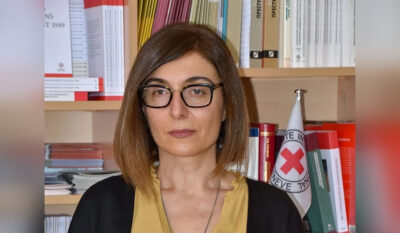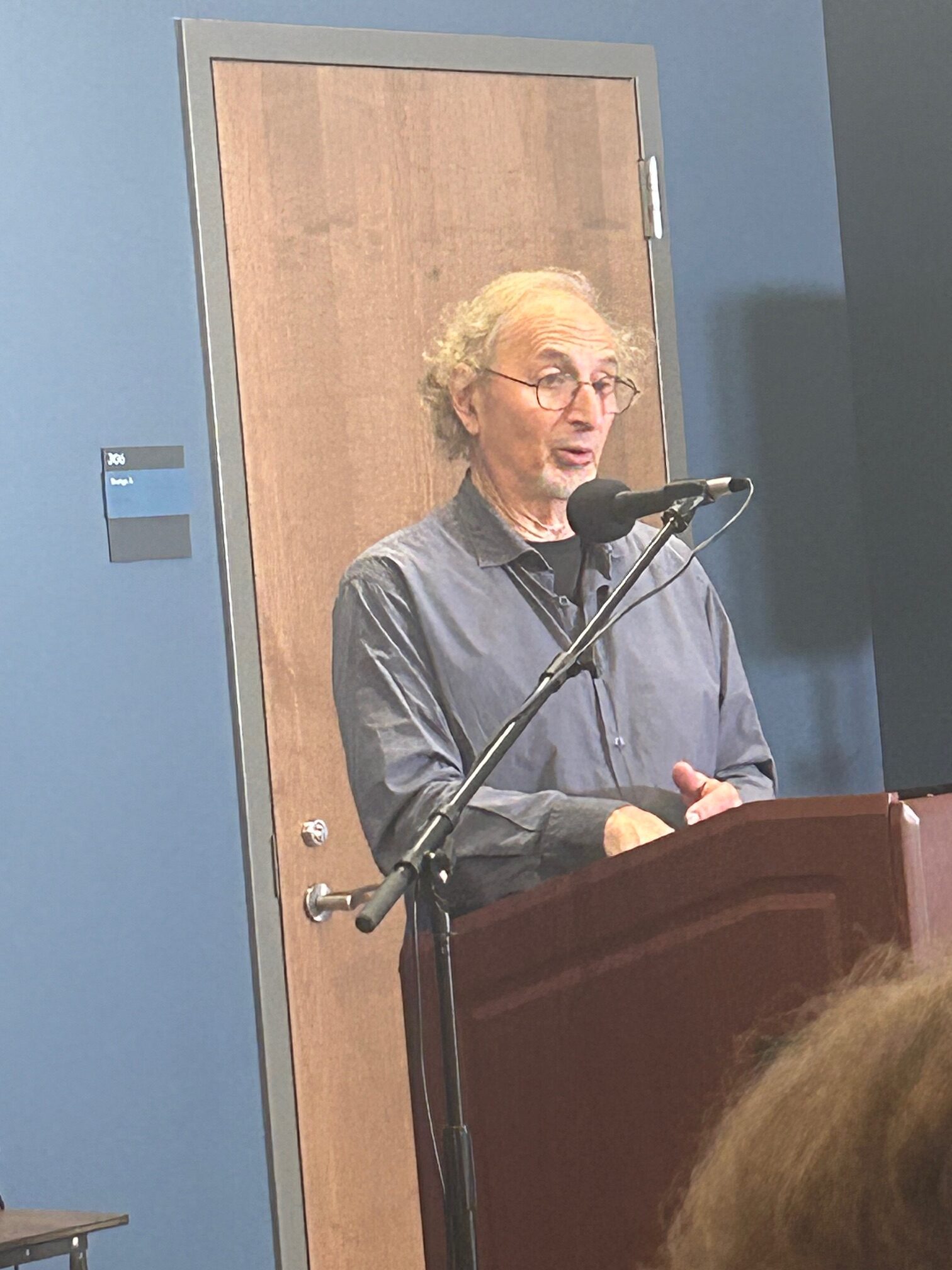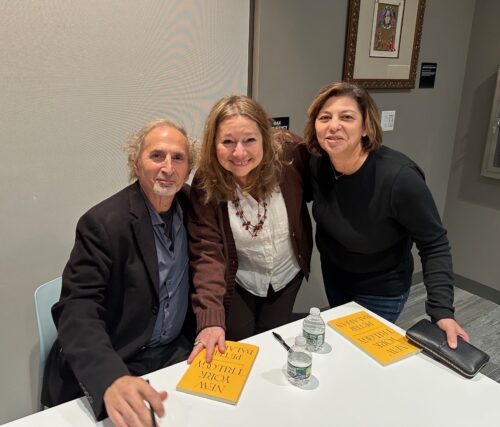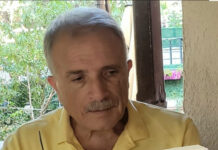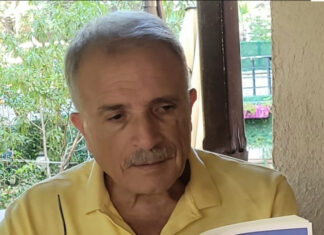BELMONT, Mass. — The audience gathered at the National Association for Armenian Studies and Research (NAASR) on November 6 was in for a treat: the capacity crowd had the chance to hear Peter Balakian read from and speak about his latest book of poems, New York Trilogy.
The program was cosponsored by the Tekeyan Cultural Association Boston Chapter, as well as the Belmont Public Library, in addition to NAASR.
New York Trilogy (University of Chicago Press) is composed of three longform poems that appeared in his last three books, Ziggurat (2010), Ozone Journal (2015) and No Sign (2022).
As he wrote in an author’s note in the book, “New York Trilogy explores one man’s journey from the late 1960s into the early twenty first century, a journey that evolves from a series of experiences and events many of which are set in New York and the onlooking New Jersey Palisades.”
Before starting his talk, Balakian, a professor of English at Colgate University, and the winner of the Pulitzer Prize for poetry for Ozone Journal and the PEN /Martha Albrand Award for his memoir The Black Dog of Fate, said: “As an American writer and university professor of 45 years, I feel it’s my obligation to witness what is happening to our democracy. I believe that is well behind party identity and party politics. Donald Trump’s assaults on universities and higher education, secondary education and civic culture, including museums and libraries, through coercion and tactics that resemble extortion are anti-democratic and often violations of the first amendment and they will not work. Critical thinking and knowledge production in our democratic educational structures is a sedimentary rock with layers embedded of several hundred years of culture and intellectual life. Without that culture and open pluralistic systems of learning, we would not have a democracy.”
Balakian also spoke about his Armenian heritage. “We are an extraordinarily ancient civilization,” easily dating back 2,500 years. “Our resilience, our cultural depth, our intellectual achievements are what keep us on the map today.”
